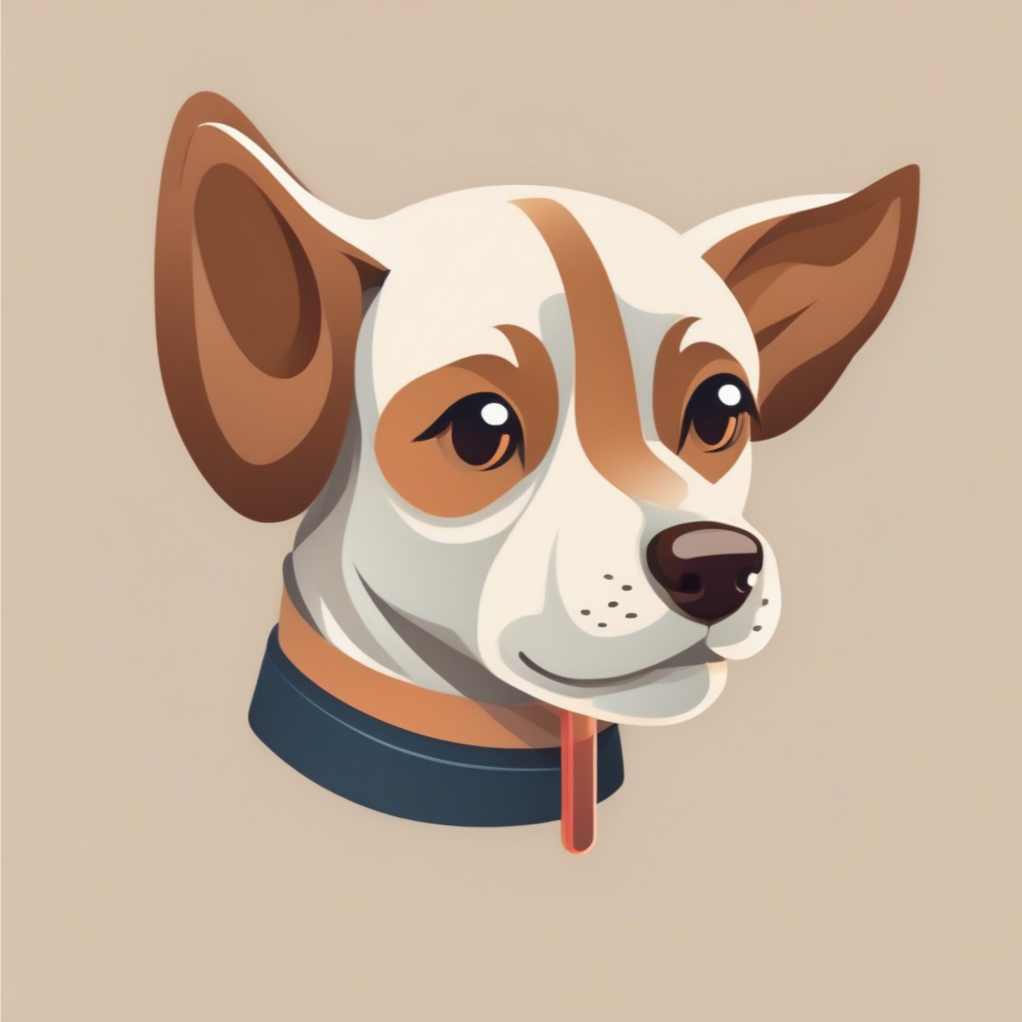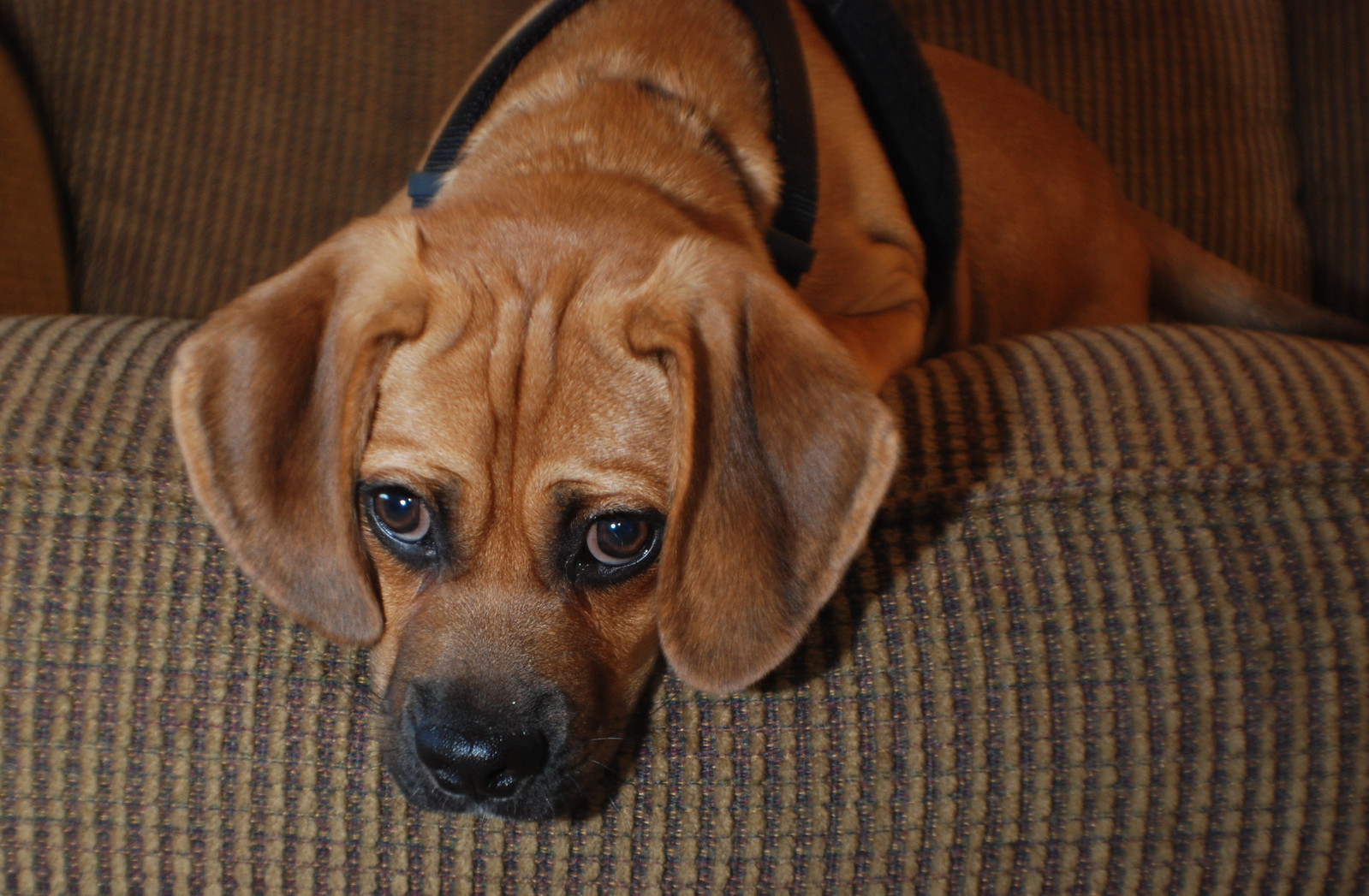Have you ever caught your furry friend in the act of gnawing and slurping on their paws? Wondering why they engage in this curious behavior? Well, just like the mysteries of canine quirks, there are several possible explanations for it – ranging from injuries and skin issues to allergies, parasites, or simply boredom and anxiety.
Dogs may chew their paws for various reasons, including self-soothing and stress relief. When feeling anxious or stressed, dogs often resort to paw chewing as a way to comfort themselves.
It’s completely normal for dogs to occasionally indulge in a bit of paw pampering as part of their self-care routine, especially after frolicking on gritty or sandy terrain. However, if your canine companion is persistently and vigorously licking their paws, it’s a red flag indicating that something may be amiss.
Injuries
If your pup’s paw-licking spree begins suddenly, with an intense focus on one paw, your first task is a thorough paw examination. Scrutinize those paws closely, checking for any signs of injury such as cuts, torn nails, growths, or possibly foreign objects like stones, thorns, or icy debris lodged between the pads. Pay special attention to the nails, the spaces between the toes and pads, and the tops of those precious paws.
Your dog might have inadvertently irritated their paw by stepping on something sharp, traversing salted or sizzling hot sidewalks, experiencing a bee sting, or developing a blister. Some of these issues can be addressed with simple first-aid measures, while others may necessitate the expertise of a veterinarian.
Dermatitis
Should your pup’s paw pads and feet appear unscathed, the culprit might be a skin condition known as dermatitis, often stemming from bacterial problems, allergies, or food sensitivities. Your four-legged friend could be allergic to yard chemicals, driveway de-icing agents, or specific grasses and weeds. Consider keeping a bowl of water and a towel handy near your door to gently cleanse those paws when returning indoors.
Parasites
Paws itching like crazy? Parasitic infections, such as fleas or mange, could be the root cause. Your veterinarian can recommend treatments to rid your pup of these pesky invaders, bringing relief to the incessant itching.
Food Allergies
Itchy paws are also a known symptom of food allergies, although pinpointing the exact allergen can be quite a challenge. Your vet might suggest a special diet or eliminating specific ingredients from your dog’s food in an effort to resolve the issue.
Pain
Pain, whether stemming from arthritis or other foot or leg conditions, can drive a dog to incessantly lick their paws. Strangely enough, even if the pain originates elsewhere in their body, some dogs resort to constant front paw licking as a coping mechanism. In such cases, a veterinarian’s diagnosis and treatment are essential.
Behavioral Issues
If you’ve ruled out all the aforementioned problems with your vet’s guidance, your dog’s paw-licking habit might be a manifestation of boredom or anxiety. Diagnosing such issues can be tricky, but there are steps you can take to address them. Some dogs develop compulsive behaviors, including excessive paw licking.
To combat boredom, try increasing your dog’s daily walks or play sessions, both with you and other furry friends. Engaging in more mental and physical activities can help divert their focus away from their paws. Providing puzzle toys or safe chew toys can also prove effective in this regard.
If you suspect anxiety, perhaps related to fear of loud noises or separation anxiety, various remedies are available, including calming treats. Consult an animal behaviorist for a range of potential solutions.
Secondary Infections
It’s crucial to recognize that excessive paw licking can signal an underlying health issue and may even harm your dog in the long run. Collaborate closely with your veterinarian to determine the cause and find a suitable solution. Don’t delay, as prolonged paw moisture can lead to secondary bacterial or yeast infections, resulting in more itching, redness, swelling, and, of course, more licking.
Depending on the root cause, your veterinarian may prescribe topical anti-itch sprays, steroids to reduce inflammation, antibiotics for bacterial infections, or antifungals for yeast infections. The sooner you identify and address the problem’s source, the better.
How to Halt Paw-Chewing and Licking Habits
If you’ve ruled out serious medical issues, there are other avenues to explore for stopping your dog’s incessant paw obsession.
Medications
In cases where allergies are to blame for persistent itching, your vet might prescribe shots or steroids to alleviate symptoms. Medicated sprays can also assist in treating less severe fungal or bacterial infections.
Curious about giving your dog over-the-counter allergy medication like Benadryl or Zyrtec? The answer isn’t straightforward, and it’s crucial to consult your vet for guidance and supervision.
Natural Remedies
For those inclined toward natural approaches, there are alternatives to explore. Research suggests that apple cider vinegar possesses antimicrobial and antifungal properties when used topically. However, always consult your vet before applying it to your dog’s skin, and follow their recommendations regarding dilution and application.
Behavioral Training and Monitoring
If your dog’s paw obsession is rooted in stress or anxiety, sessions with a dog behavioral trainer could be beneficial. Additionally, keeping a detailed record of your dog’s licking and chewing patterns can aid your vet in identifying potential triggers. Note the timing, frequency, and any specific activities or substances your dog encounters before indulging in paw-focused pursuits.
Hygiene Maintenance
Regular year-round hygiene practices are essential and can help prevent paw issues from emerging in the first place. Find a non-drying shampoo that maintains your dog’s skin barrier health, such as oatmeal-based shampoos or Douxo products like Douxo calm®.
How to Safeguard Your Dog’s Paws
To maintain your dog’s paw health and prevent burns, blisters, or injuries, consider outfitting them with protective booties during walks. Paw balm is excellent for soothing dry, chapped skin (you can even make your own), and wipes can help keep paws clean, reducing the risk of infections. Remember, small actions can have a significant impact.
Don’t hesitate to seek professional advice if you suspect something’s amiss. Your furry friend’s well-being is worth the extra attention and care.
Further reading: Why Do Dogs Chase and Chew Their Tails?
Frequently Asked Questions about Why Your Dog Continuously Licks Their Paws
How do I get my dog to stop chewing his paws? To stop your dog from chewing his paws, first identify the underlying cause, such as allergies or anxiety. Consult with your veterinarian for a proper diagnosis. They can recommend treatments like medications, behavioral training, or changes in diet.
What does it mean when a dog chews on his paws? Dogs may chew on their paws due to various reasons, including allergies, irritation, boredom, anxiety, or pain. It’s essential to determine the specific cause through a vet’s evaluation.
Why does my dog keep licking and chewing his paws? Excessive licking and chewing of paws can indicate allergies, skin infections, or psychological issues like anxiety. Consult your vet to pinpoint the root cause and get appropriate treatment.
What is your dog trying to warn about when they lick their paws? Dogs may lick their paws as a way to soothe discomfort or to cope with stress. It’s a signal that something might be bothering them, and a vet’s examination is advisable to uncover the underlying issue.
Can I give my dog Benadryl for licking paws? It’s generally best to consult your vet before giving any medication to your dog, including Benadryl. They can provide guidance on the right dosage and whether it’s suitable for your dog’s specific condition.
Is there a home remedy for dogs licking paws? While there are some home remedies like foot soaks in diluted antiseptic solutions, it’s crucial to address the underlying cause first. Consult your veterinarian to determine the most effective treatment plan for your dog’s paw licking issue.
What medication is good for dogs licking their paws? The appropriate medication for dogs licking their paws depends on the underlying cause. Your veterinarian may prescribe antihistamines, antibiotics for infections, or anti-anxiety medications, depending on the diagnosis and severity of the issue. Always follow your vet’s recommendations for medication.

